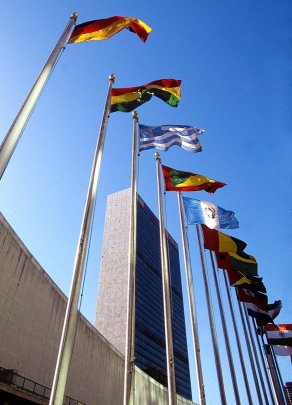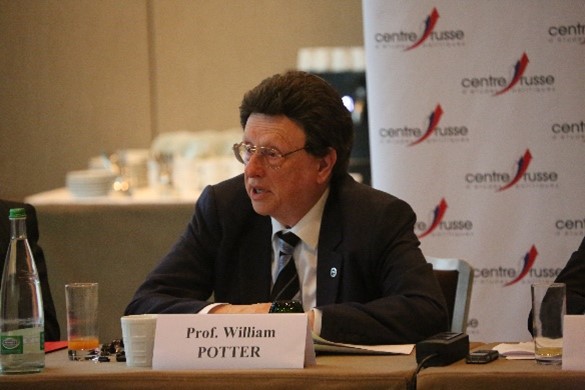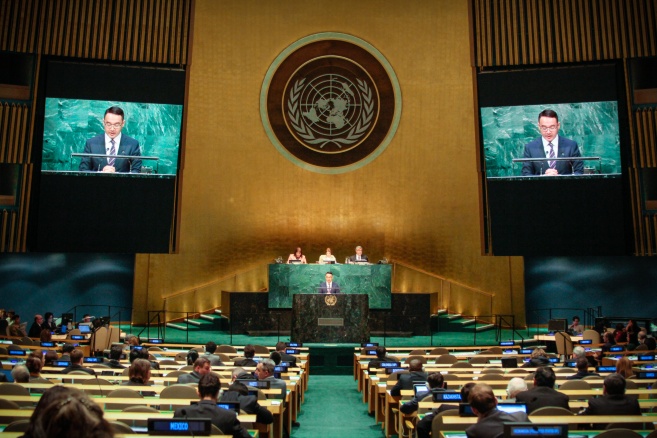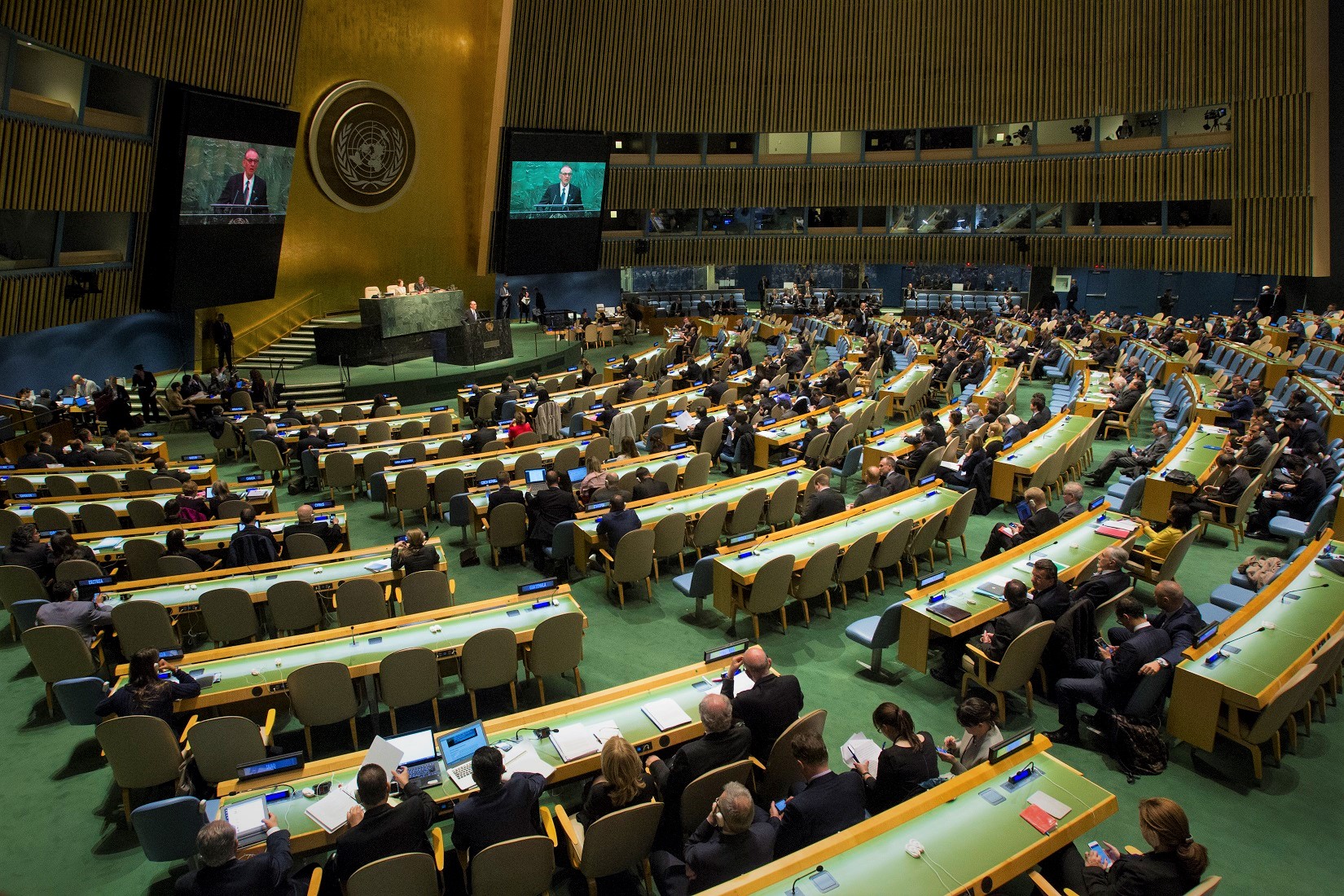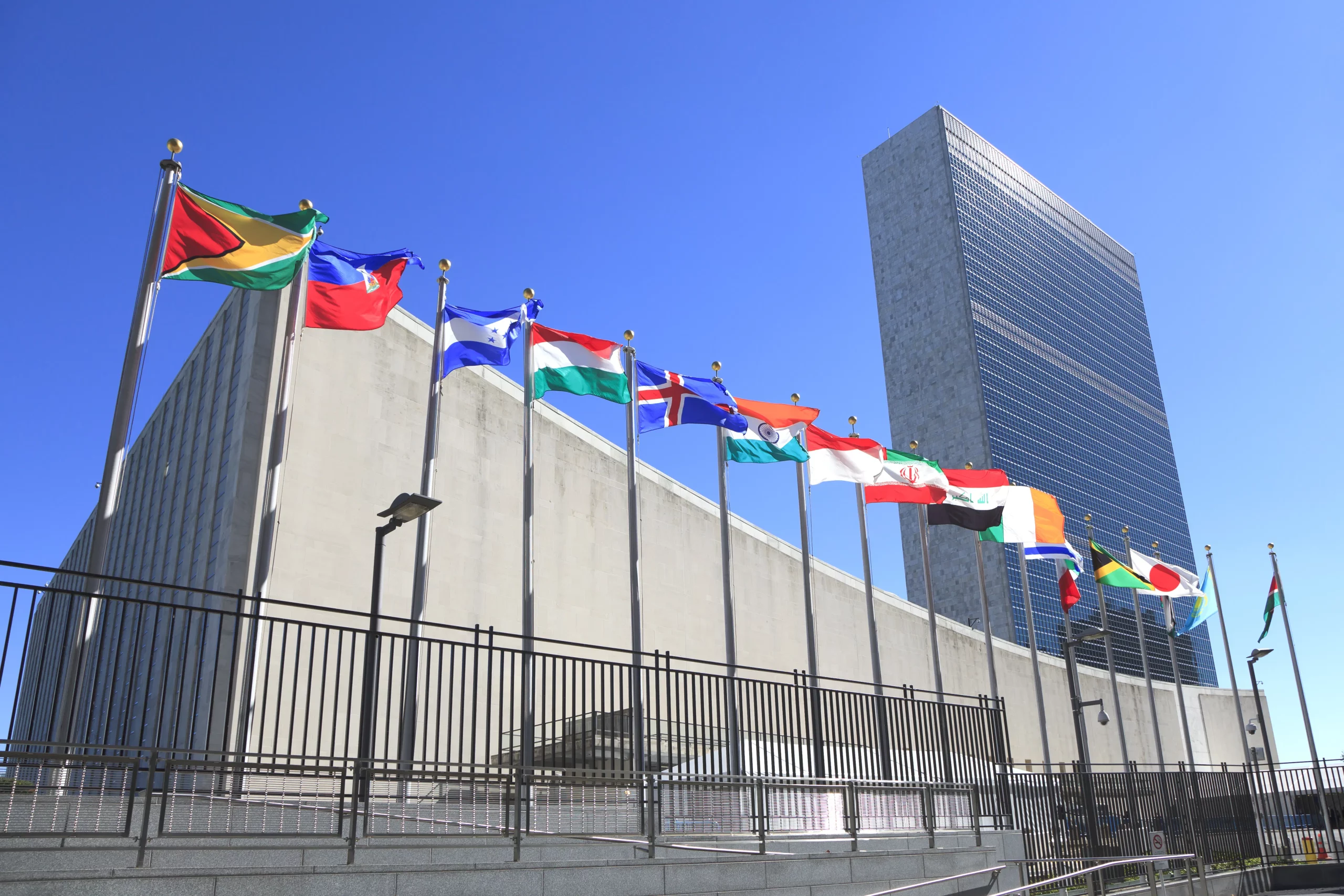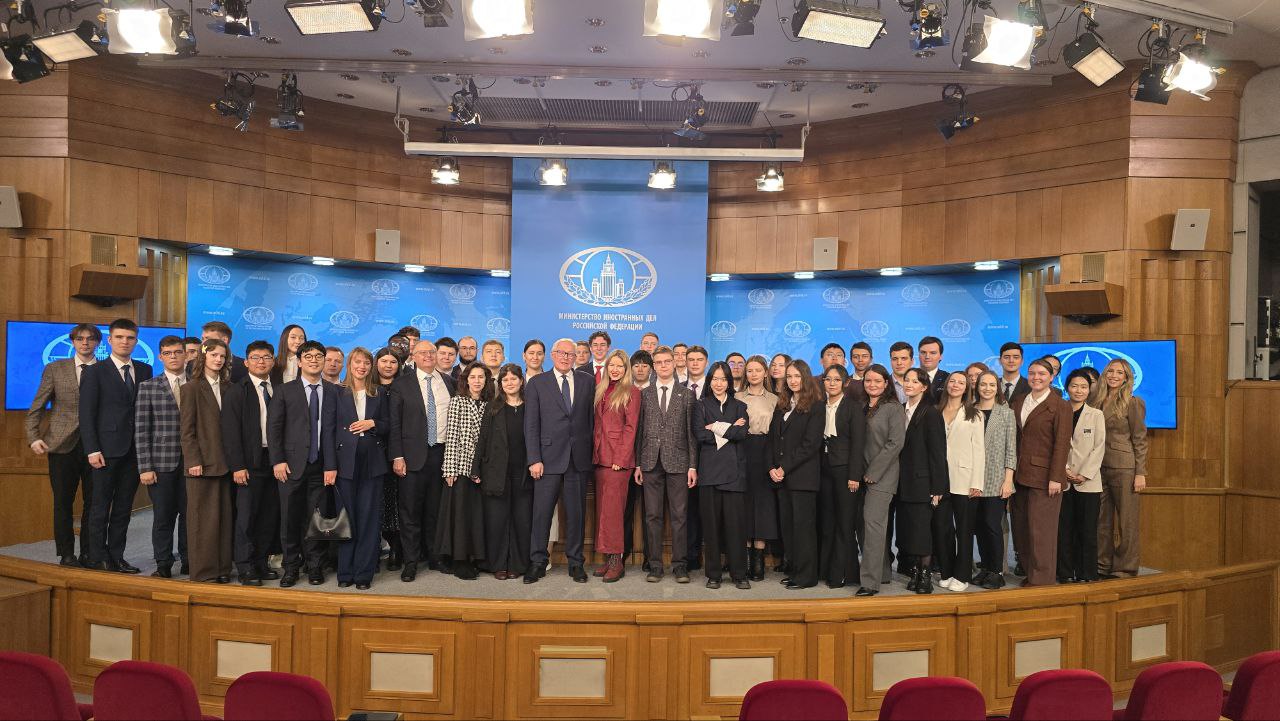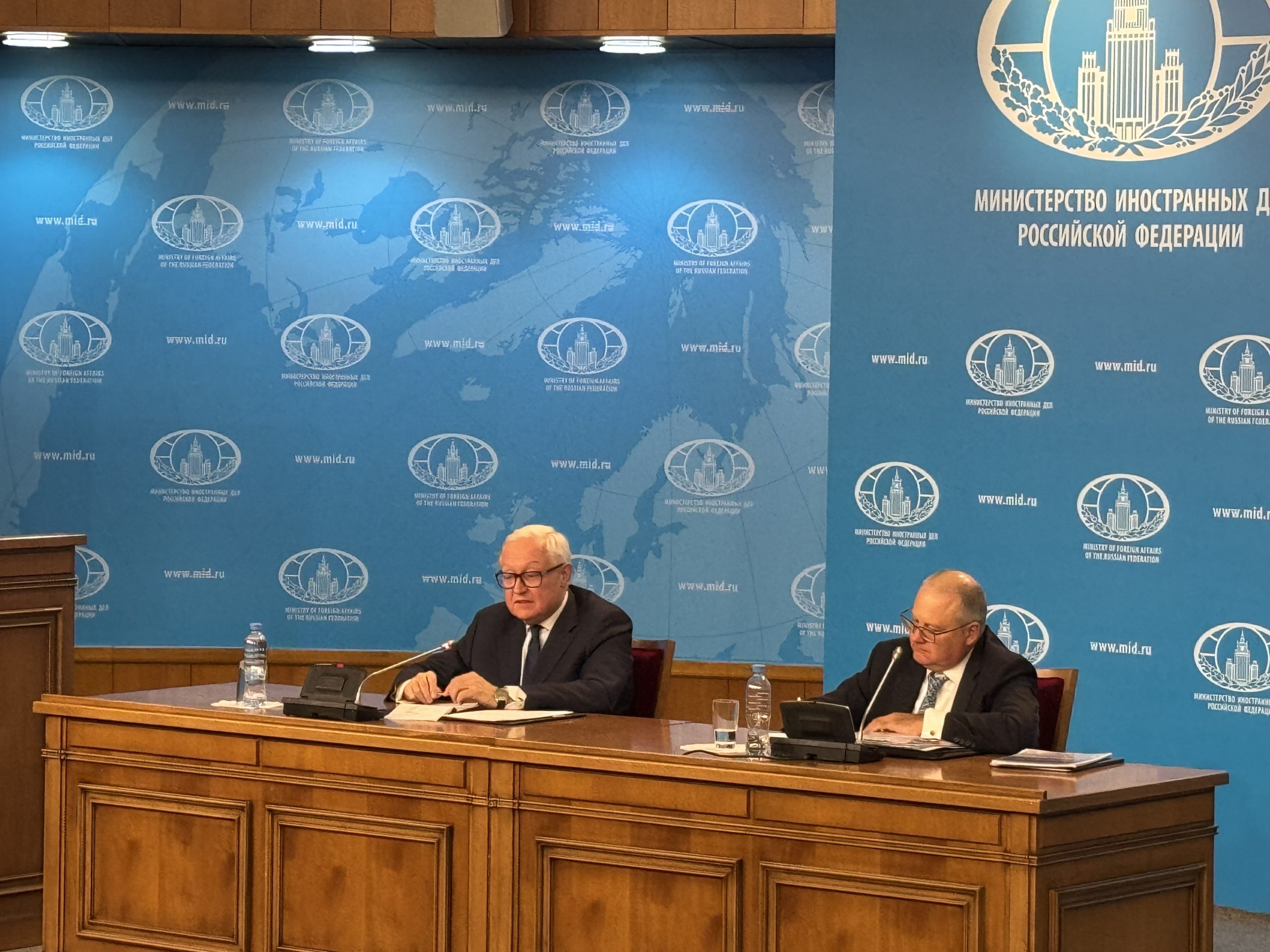A world without nuclear weapons is a long-term goal, which we need to start working towards right now. It is possible that at some point in the future we may have to consider bringing up to date the Nuclear Non-Proliferation Treaty, which is the cornerstone of the nonproliferation regime.
Nikolay Spassky
Rosatom Deputy Director-General
The Nuclear Non-proliferation Treaty (NPT), which entered into force in 1970, still remains a key element of the entire international security architecture. Nevertheless, the current international situation presents several serious challenges which, if events begin to follow a negative scenario, can deform certain elements of the international architecture and undermine the nuclear nonproliferation regime.
How should Russia act in such a situation? The purpose of this project is to provide a quality expert assessment of the issue, and by arranging various platforms for discussions, to facilitate a more constructive debate of the problems currently facing the nuclear nonproliferation regime.
Since 1995, PIR Center Founding Director Dr. Vladimir Orlov has been part of the official Russian delegation and participates in the work process of meetings. As part of the project, PIR Center experts, led by Dr. Orlov, attended the 9th and 10th NPT Review Conferences (2015 and 2022).
The project has been implemented since the founding of PIR Center in 1994. Despite its name, the project’s research activities are not limited to monitoring the Nuclear Non-Proliferation Treaty: but focus on everything that has to do with nuclear nonproliferation: IAEA safeguards, nuclear power, nuclear security, export control, and multilateral diplomacy in this area.
A separate area of focus of the project is maintaining a Russian-U.S. expert dialogue on nuclear nonproliferation issues. The need for such a dialogue became apparent after the failure of the 2015 NPT Review Conference. Since then, it has become a tradition for PIR Center and the James Martin Center for Nonproliferation Studies (CNS, USA) to hold expert discussions on the sessions of the Preparatory Committees (PCs, as they are sometimes called) and NPT Review Conferences.
In 2017-2019, two Track 2.5 sessions of Russian-American dialogue were held on the sessions of the PC, with the participation of representatives of government agencies, the expert community, and young specialists. Despite the postponement of the NPT Review Conference due to the COVID-19 pandemic, a similar meeting was held in 2020.
As a result of these discussions, a collective monograph Russian–American Nuclear Nonproliferation Dialogue: Lessons Learned and Road Ahead was compiled and published by the «Ves Mir» Publishing House in December 2021. In addition, in 2022 the second edition of the monograph was published by the authoritative publishing house Palgrave Macmillan. The table of contents and the final chapter of the book are available on PIR Center website. A video of the preview of the monograph at the Vienna Center for Disarmament and Nonproliferation (VCDNP) is available here.
It is worth noting that the topic of U.S.-Russian cooperation on WMD nonproliferation is not new to PIR Center. Back in 2001, PIR Center Director Dr. Vladimir Orlov, Roland Timerbayev, and Anton Khlopkov prepared a monograph on Nuclear Nonproliferation in U.S.-Russian Relations: History, Possibilities, and Prospects for Further Cooperation, dedicated to the dialogue between Moscow and Washington in this area. You can also learn about the importance of bilateral cooperation from Ambassador Roland M. Timerbaev’s landmark book Russia and Nuclear Nonproliferation (1945-1968). Read these and other books on our website.
Russian official representatives have always treated the recommendations of PIR Center specialists with respect and attention. Their expertise has repeatedly been called upon in various specialized forums, including the NPT Review Conferences.
Anatoly Antonov
Ambassador Extraordinary and Plenipotentiary of the Russian Federation to the USA


